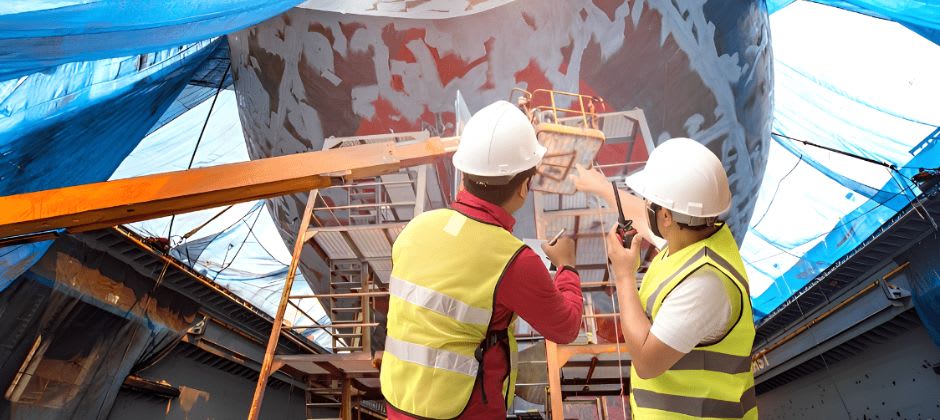Course description

Within the expansive realm of maritime operations, where the preservation of aquatic ecosystems and the safety of marine professionals rank as foremost concerns, marine accidents present substantial challenges. Such incidents encompass an array of possibilities, including harm to ship structures and equipment or interferences with the smooth execution of maritime operations. Marine accidents have significant consequences that go beyond the initial damage and affect human health and the ecological integrity of our oceans.
Marine accident investigation requires experienced professionals who are well-versed in IMO regulations. They conduct comprehensive interviews, collect substantial evidence from the accident site, and systematically identify the most likely causes. Their main goal is to offer knowledgeable advice for future actions, strengthening safety and ensuring conformity with IMO regulations, hence avoiding the recurrence of marine accidents.
Upcoming start dates
Outcome / Qualification etc.
After finishing this course, participants will:
- Gain knowledge of internationally recognised standards and methods for investigating marine accidents.
- Develop skills for organising and conducting investigations into maritime casualties and incidents.
- Understand the underlying causes of marine casualties and incidents.
- Learn how to collect and analyse evidence from accident sites.
- Gain the ability to make informed recommendations to prevent the recurrence of marine casualties.
- Apply IMO regulations and international standards to the investigation process.
- Improve competence in interview techniques and data analysis.
Training Course Content
Introduction to Marine Accident Investigation
- Purpose and Scope of Investigations
- Relevance of International Instruments (UNCLOS, SOLAS, LL, MARPOL, MLC 2006)
- Overview of Marine Casualty Investigation Code (CIC)
- Comprehending Relevant Obligations and Legal Frameworks
Operational Readiness and Initial Assessment
- Preparedness for Investigation
- Developing an Investigation Strategy
- Utilizing Equipment in Accident Investigation
- Responding to Incidents in a Timely and Effective Manner
Data Collection and Evidence Management
- Methods of Data Collection
- Effective Interview Techniques
- Handling Media and Public Relations
- Ensuring Data Integrity and Preservation
Human Element and Risk Management
- Understanding the Human Element in Maritime Operations
- Addressing Factors Such as Fatigue
- Implementing the ISM Code for Safety Management
- Evaluating and Managing Risks in the Maritime Environment
Reporting and Compliance (GISIS)
- Reporting and Information Sharing through GISIS
- Ensuring Compliance with International Standards
- Overview of MLC 2006 and III Code
- Familiarization with the Marine Casualty Investigation Code (CIC)
Setting-Up the Scene and Methodology
- Methodologies for Establishing Incident Scenes
- Site Examination and Documentation
- Environmental and Ecological Considerations
- Preserving Evidence and Data
Categories of Marine Casualties
- In-Depth Study of Various Categories: Grounding, Collisions, Fires, Stability, Pollution, etc.
- Case Studies: Analyzing Incidents like Estonia, Samina, Spring Glory, Star Princess
- Root Cause Analysis and Learning from Past Incidents
Accident Analysis and Reporting
- Detailed Examination of Accident Data
- Preparing Comprehensive Investigation Reports
- Crafting Effective Safety Recommendations
- Legal and Regulatory Implications
- Practical Scenarios and Case Studies
- Practical Application of Investigative Techniques
Request info
London Maritime Academy
London Maritime Academy provides a wide range of maritime training courses tailored to the global industry. Located in London and known for international standards, we offer diverse Classroom and Online courses taught by highly experienced experts in the maritime sector....

